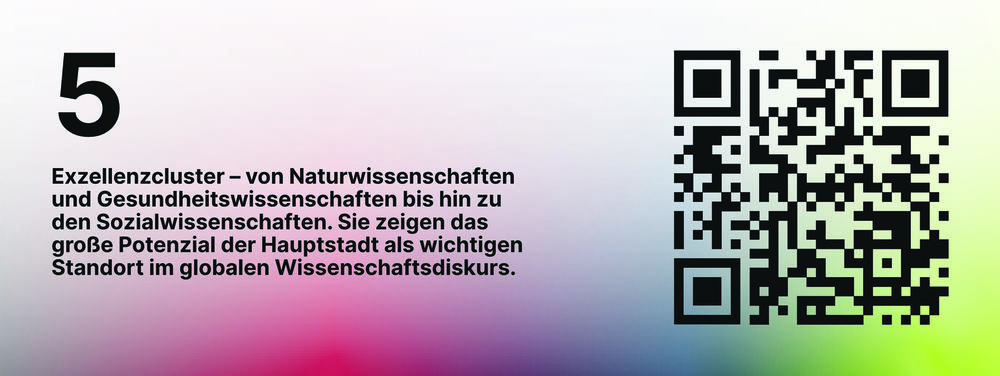The 100 most important heads in Berlin academia. Edition 6: These scientists are dedicated to the major social issues.
Oct 06, 2025
Invisible exploitation, fear of loss, political radicalization – these researchers look closely at social contexts and raise ethical questions.
- Prof. Dr. Gökçe Yurdakul (Humboldt-Universität zu Berlin): Sociologist Gökçe Yurdakul received a prestigious European Research Council grant of 2.5 million euros this year for her project Menbelong. In it, she examines how single men with a migration background experience belonging—beyond common stereotypes of criminality or refusal to integrate. Yurdakul served as co-director of the Berlin Institute for Empirical Integration and Migration Research (BIM) in 2023/24.
- Dr. Milagros Miceli (Technische Universität Berlin): The U.S. magazine Time recently named her one of the 100 most influential AI personalities. The sociologist and computer scientist at TU and the Weizenbaum Institute researches the social and ethical consequences of artificial intelligence. In her project “Data Workers’ Inquiry”, she brings the often invisible work of data laborers to the forefront.
- Dr. Eylem Kanol (Freie Universität Berlin): This sociologist is interested in particularly extreme phenomena: How does political or religious radicalization occur? Where do extremism and fundamentalism come from? And how can these lead to social movements? Most recently, Kanol showed how belief in conspiracy theories during times of crisis reinforces negative attitudes toward social minorities.
- Dr. Hanno Hochmuth (Freie Universität Berlin): The historian links research and teaching with practical memory culture. Together with students of the FU Berlin master’s program in Public History, he researched the biographies of Jewish victims of Nazi persecution. As a result, 20 additional Stolpersteine are now being laid in Berlin. In his book “Berlin. Das Rom der Zeitgeschichte”, Hochmuth tells the story of the Jewish Najman family. Especially now, these are important visible signs against forgetting.
- Prof. Dr. Andreas Reckwitz (Humboldt-Universität zu Berlin): Valuable impulses come from sociologist Reckwitz when it comes to social resilience. In his book “Verlust. Ein Grundproblem der Moderne” (Loss. A Fundamental Problem of Modernity), he analyzes why many people today perceive the future as a threat. Instead of pure belief in progress or sheer doomsday scenarios, he calls for a wiser approach to individual and social loss.
- Prof. Dr. Thorsten Faas (Freie Universität Berlin): The political scientist explained the 2025 federal election like no other. With a keen eye and in understandable language, he outlined the mechanisms, trends, and surprises behind the numbers. His research focuses on the political attitudes and behavior of citizens.
- Dr. Julien Colomb (Technische Universität Berlin): Originally a geneticist specializing in fruit flies, Colomb has been involved in the maker scene for many years. This community encourages people both inside and outside the research community to simply build machines, experimental setups, and technical components themselves instead of buying them from corporations. And to make them freely available to everyone as “open hardware.” To this end, he now works with Robert Mies to run the Berlin University Alliance's open high-tech workshop “Open Make.”
All of them were featured today in the Tagesspiegel (October 6, 2025) as part of the series “The 100 Most Important Minds in Science". More in Der Tagesspiegel (T+, in German).

